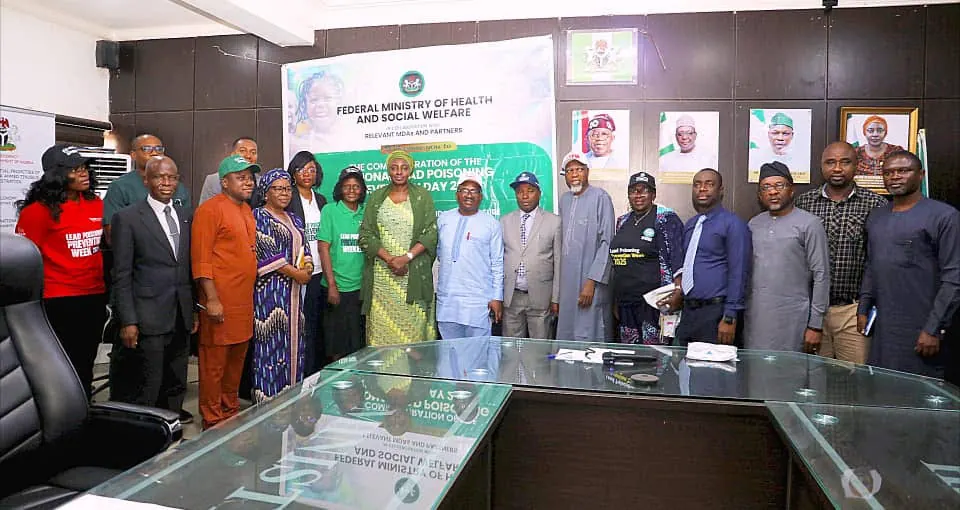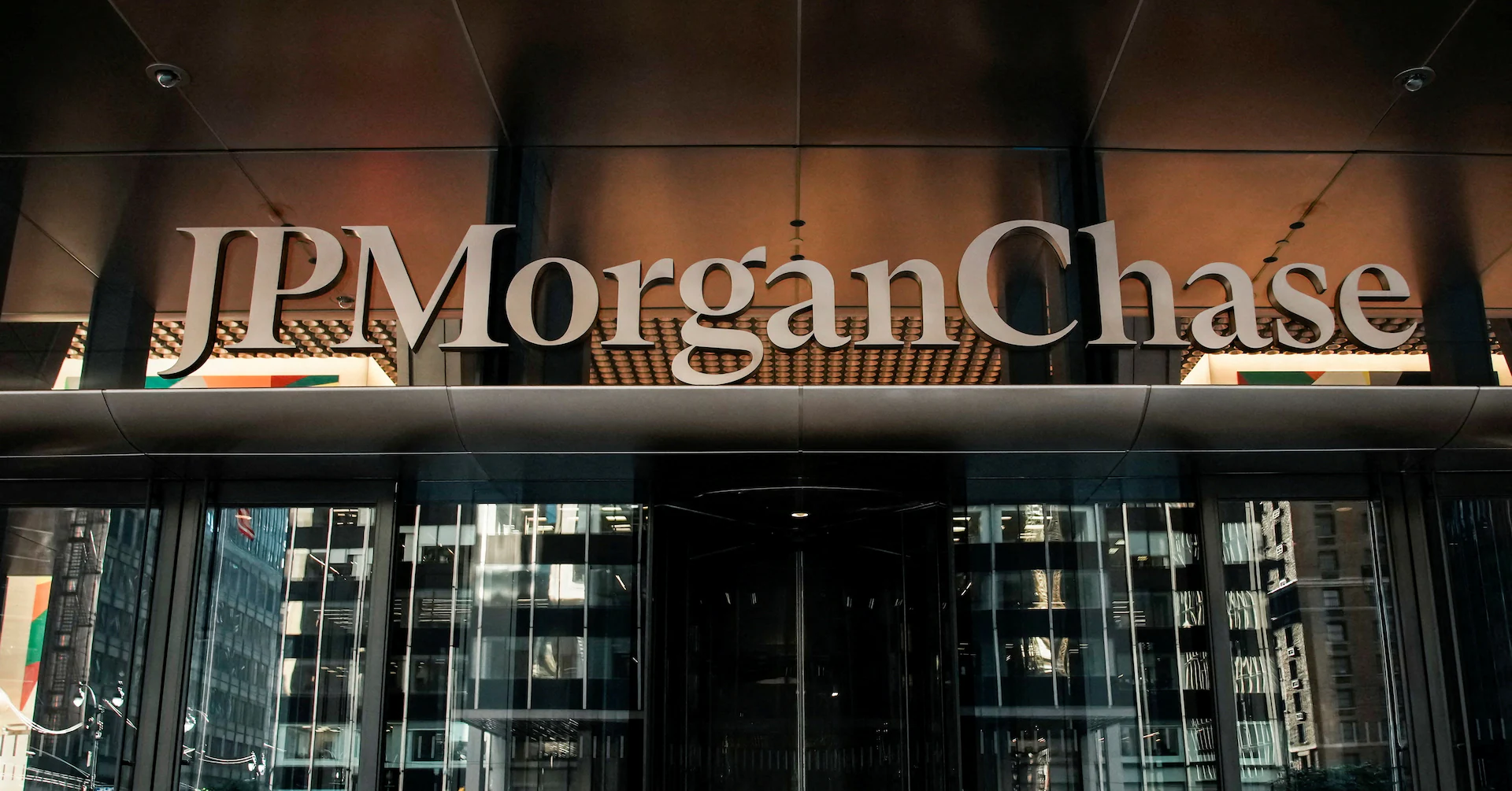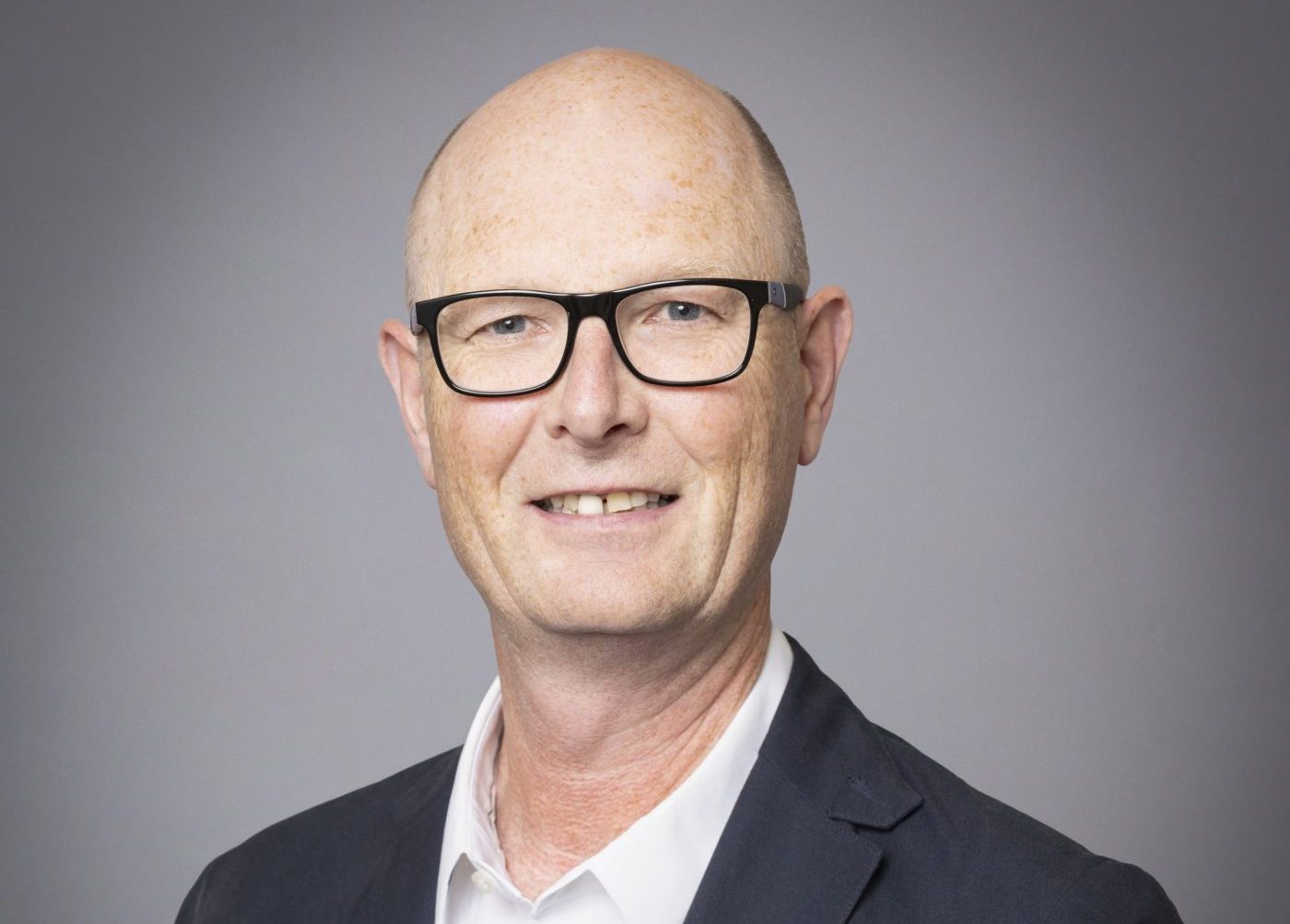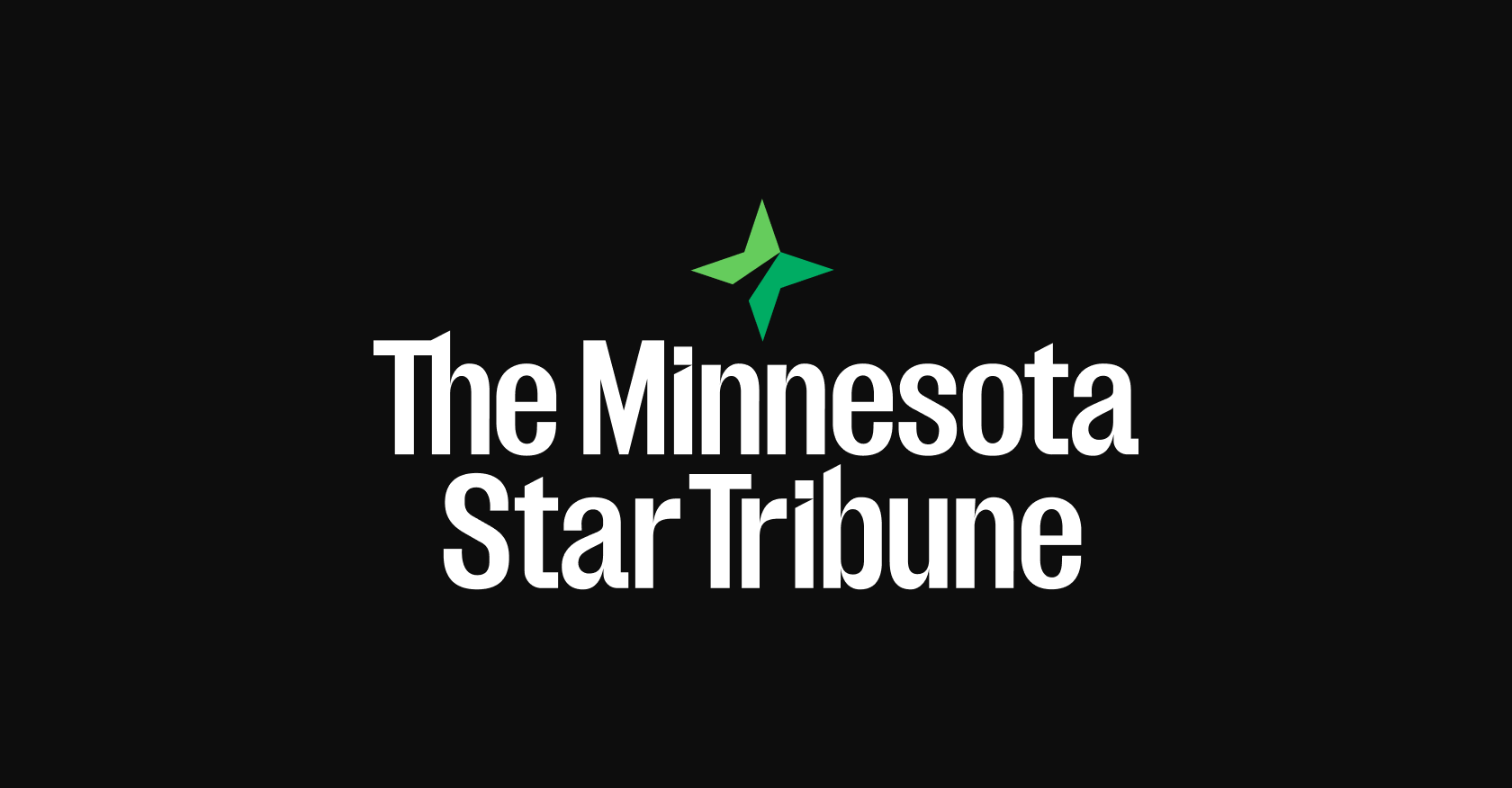Copyright tribuneonlineng

The World Health Organisation (WHO) has estimated that lead exposure costs Africa about $135 billion in lost productivity each year, even as Nigeria reaffirmed its commitment to ending the scourge through a new National Lead Elimination Policy and Strategic Plan. Speaking at the National Lead Poisoning Elimination Day in Abuja, themed “No Safe Level: Act Now to End Lead Exposure,” the Coordinating Minister of Health and Social Welfare, Professor Muhammad Ali Pate, represented by the Permanent Secretary, Daju Kachollom, described lead poisoning as “a serious public health emergency that undermines human capital development.” According to him, “Lead is a potent neurotoxin that damages the brain and nervous system, reduces IQ, causes behavioural challenges in children, and contributes to hypertension, kidney failure, and reproductive health problems in adults. There is no safe level of lead exposure — and the youngest among us are the most vulnerable.” Pate noted that globally, “one in every three children — approximately 850 million — has detectable blood lead levels,” adding that “the World Health Organisation estimates that lead exposure causes about 47,000 deaths annually in Africa, costing the continent an estimated $135 billion in lost productivity each year.” He lamented that Nigeria had suffered tragic incidents of lead poisoning in Zamfara (2010), Niger (2015), and more recently Sokoto State, where “hundreds of children lost their lives due to unsafe mining and ore processing practices.” These, he said, “remind us of our urgent duty to prevent recurrence and protect future generations from preventable harm.” On the government’s response, Pate said the Ministry, in collaboration with sister agencies and partners, had “developed a National Lead Elimination Policy and a five-year Strategic Plan to coordinate prevention, detection, and response across multiple sectors, including Health, Environment, Mines and Steel Development, Agriculture, and Water Resources.” He further revealed that in September 2025, he inaugurated the National Inter-Agency Working Group on Lead Poisoning Elimination, tasked with “strengthening surveillance, reviewing regulations, and mobilising sustainable financing to end lead exposure in Nigeria.” The Minister also highlighted support from Médecins Sans Frontières (MSF), which has provided laboratory equipment to high-risk states to expand blood lead testing capacity. “We have conducted treatment for children with elevated blood lead levels, saving lives that would otherwise have been lost,” he said. Outlining next steps, Pate stated that the government’s focus will include “launching the National Lead Elimination Policy, expanding diagnostic networks, strengthening surveillance for vulnerable groups — especially children and pregnant women — and enhancing legislative enforcement to reduce lead content in paints, food, water, and consumer products.” He emphasised that “protecting our children from lead poisoning is protecting the future of our nation.” Earlier in his welcome remarks, the Director of Public Health at the Federal Ministry of Health and Social Welfare, Dr. Godwin Ntadom, described lead poisoning as “one of the most preventable yet under-recognised public health challenges in Nigeria and across the world.” According to him, “Lead causes irreversible damage to the brain and nervous system, impairs learning and growth in children, and contributes to a wide range of chronic diseases in adults.” Dr. Ntadom recalled that the painful outbreaks in Zamfara, Niger, and Sokoto “claimed many young lives and left lasting scars on affected communities,” stressing that these experiences “have strengthened our resolve to prevent recurrence through evidence-based policies, multi-sectoral collaboration, and strong community engagement.” He added that the Ministry, through its Public Health Department, was working closely with “state governments, sister ministries, and development partners to implement the National Lead Elimination Policy and Five-Year Strategic Plan.” Ntadom called on all stakeholders to “renew our collective determination to build a lead-free Nigeria,” emphasising that “every action — from enforcing environmental standards to educating families — counts towards protecting the health of our people and the future of our nation.” The event marked Nigeria’s first commemoration of the National Lead Poisoning Elimination Day, aligning with the WHO and United Nations Environment Programme (UNEP)-led International Lead Poisoning Prevention Week. ALSO READ TOP STORIES FROM NIGERIAN TRIBUNE



